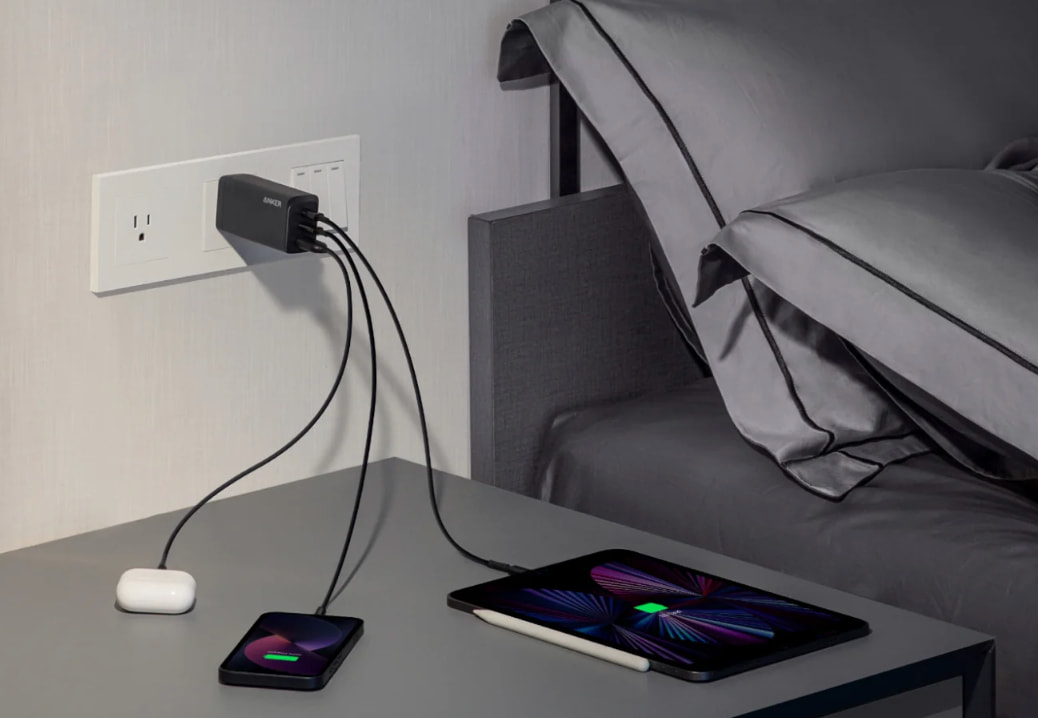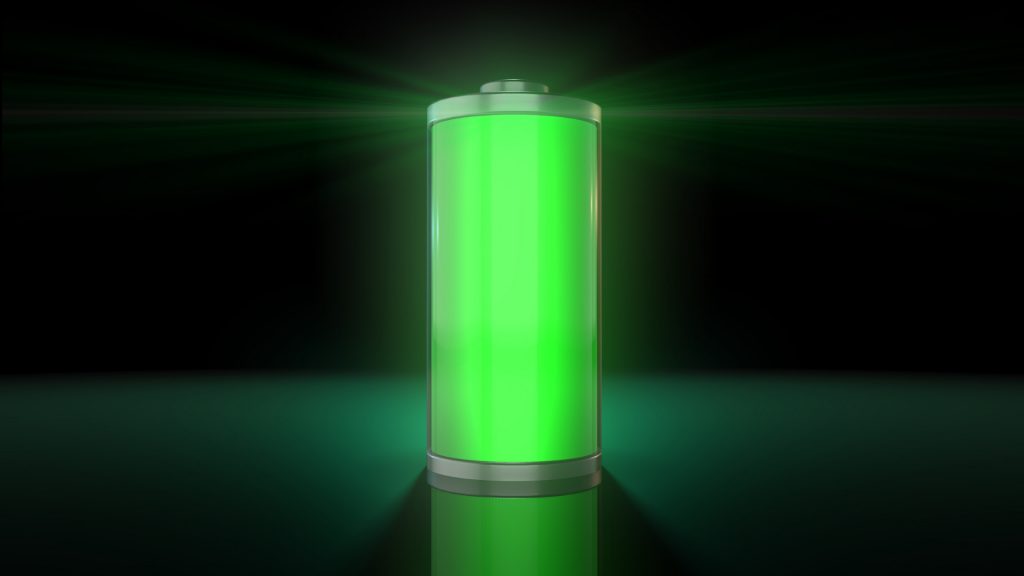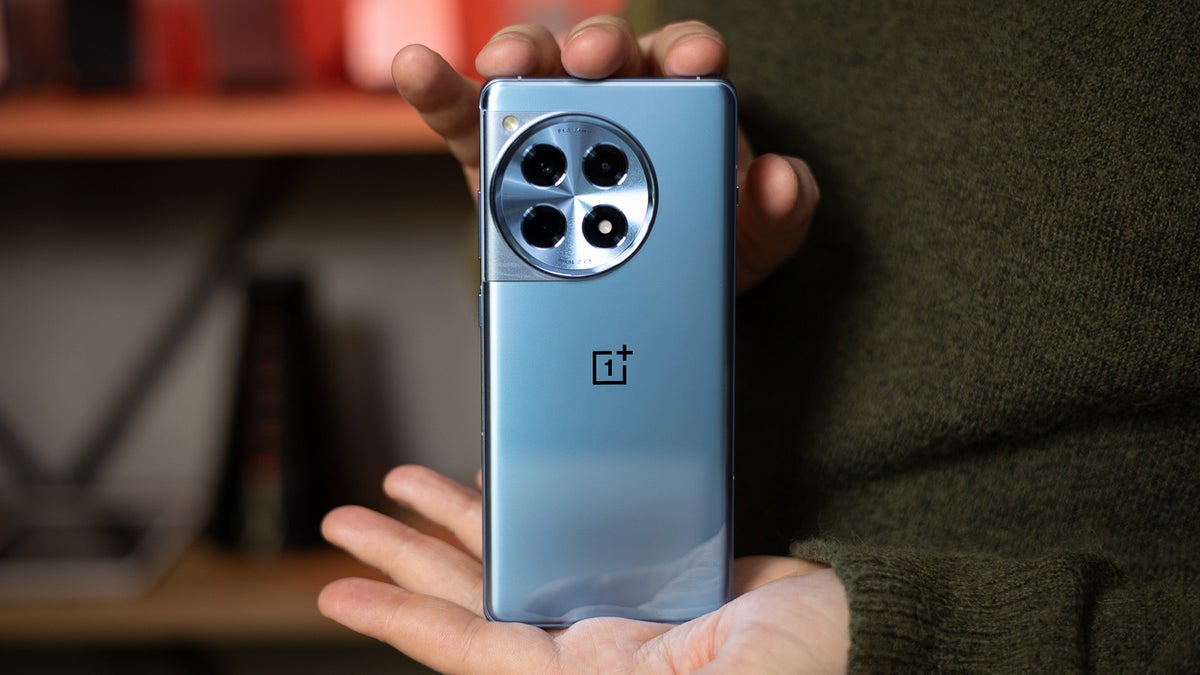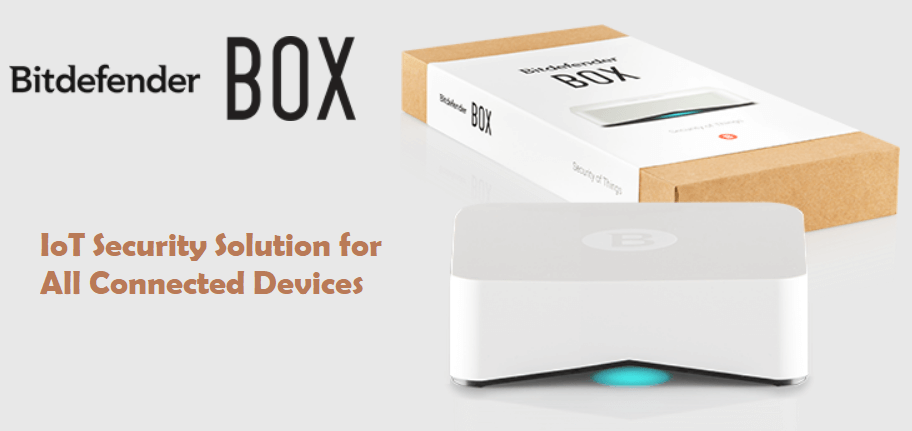Every year, between four and 32 million Americans fall ill due to waterborne illness in the United States. Contaminants including lead, chlorine, cryptosporidium, and fluoride enter your tap every day if you don’t have a filter fitted.
Chlorine or chloramines are frequently used by the local bodies to purify water found in tap water from local water treatment plants and remove pollutants. But the fact is that even after bacteria have been removed, the results have not been compelling.
Several studies demonstrate that medicines, lead, and even microorganisms that might cause illness, such as chlorine-resistant cysts like giardia and cryptosporidium, are still present. In addition, heavy elements such as mercury and lead can be discovered in drinking water in sections of the country where infrastructure is deteriorated and untidy.
So why put your and your loved one’s life at risk when refrigerators’ water filters are a good deal—you’ll need one anyway, so why not get one that also filters your water? While better than nothing, Refrigerator filters have considerable limits compared to whole-house or countertop filtering systems.

How do Refrigerator Water Filters Work?
Most refrigerator water filters use a combination of sediment and carbon filtering to remove unpleasant tastes and aromas. A carbon block core is encased in a material like polypropylene in refrigerator filters. To remove dirt and suspended materials, water runs mechanically through the outer material. Other undesirable particles stick to the carbon block’s surface.
Adsorption is the mechanism by which contaminants in water cling to the carbon in a refrigerator filter. They don’t absorb into the carbon’s surface (absorption) but rather stick to a place inside the massive surface area of carbon (adsorption).
Activated charcoal removes benzene, chlorine, volatile organic compounds, radon, and a range of other manufactured contaminants, as well as unpleasant tastes and odors.
Built-in refrigerator filters, albeit less efficient than larger systems, do a reasonable job of eliminating these dangers within the constraints of their small size. Activated charcoal alone is unable to remove all pollutants from water.
What Impurities do Refrigerator Water Filters Remove?
Before reaching your home or company, water flows via miles of underground pipes. It may pick up lead from ancient pipes, agricultural runoff, and other dangerous substances along the way.
Contamination of our water systems may occur from a multitude of causes. Natural minerals and chemicals such as radon and uranium are the most common toxins from adjacent septic systems. Sewer overflows, fertilizers, livestock, and pesticides are all examples of local land-use practices.
The manufacturing processes and faulty wastewater treatment systems are also some of the common sources.
The majority of refrigerator filters are made to remove three types of contaminants: lead, chlorine, and volatile organic compounds (VOCs). Some are certified to eliminate cysts as well as chloramine.
Municipalities utilize chloramines, a mixture of chlorine and ammonia, to decrease the creation of toxic disinfection by-products such as trihalomethane. However, it degrades the taste of your water. Chlorine-treated drinking water tastes better with carbon fridge filters. Catalytic carbon filters in refrigerators remove chlorine and chloramines by separating them from ammonia and converting them to chloride.
Lead poisoning causes reproductive issues, early delivery, and harm to the brain, hearing, heart, and kidneys. The EPA sets the maximum contamination level for lead in drinking water at zero because lead is hazardous.
Herbicides, pesticides, and insecticides are examples of volatile organic compounds (VOCs). VOCs are primarily found in air pollution, paints, and preservatives, although they can also be found in agricultural runoff or industrial waste. Many VOCs are carcinogenic or cause difficulties with the liver, kidneys, or reproductive system.
Best Refrigerator Water Filters to Buy Online
While buying a refrigerator water filter, you need to be careful, not only the about brand and model number of your refrigerator but also about the type of water filter that you’re buying. There are many water filters available for a refrigerator with varying features, technology, and built quality.
Best is to go for the brand’s official store and buy water filters from there. Here, I am providing you links to official water filters available for your refrigerator here. Check & Buy –
- GE RPWFE Refrigerator Water Filter
- Whirlpool (Everdrop) Refrigerator Water Filter
- GE MWF Refrigerator Water Filter
- Frigidaire ULTRAWF Refrigerator Water Filter
Factors determining the efficiency of Refrigerator Water Filters
Two of the few significant elements that influence how effective filters are in removing pollutants are their size and how long the water is in contact with the filtration system.
Compact filtration systems, such as built-in refrigerator filters, have a limited number of filtering materials. Compared to the much larger filter systems used throughout from point-of-entry and countertop filtration systems, the filter’s tiny size guarantees that water only spends a short period in contact with the carbon. Some other factors that determine efficiency are:
- Lead, asbestos, chlorine taste and odor, silt, and trace medicines are all reduced by this NSF-certified filter.
- The National Sanitation Foundation has confirmed the decrease of contaminants.
- Lead, asbestos, chlorine odor and taste, sediment, and medicines are all reduced.
- NSF Certification
What impurities Refrigerator Water Filters can’t remove?
Refrigerator Water filters installed in your home can help remove some of the toxins mentioned above (such as chlorine taste and odor), but they won’t get rid of everything. While a hard worker, an overworked refrigerator filter, especially one that isn’t replaced frequently enough, cannot eliminate dangerous compounds still present in the water.
It will also not be able to get rid of bacteria. An activated carbon filter is better at removing naturally occurring or disinfected tastes and odors from water. A reverse osmosis or distiller system would be necessary to remove contaminants and microorganisms.
When is the Correct Time to Change My Refrigerator Water Filters?
When water stops flowing out of your filter, you know it’s time to replace it or if the indicator light beeps, indicating the need to be refilled. Few other indications to look for are
- The water and/or ice in the refrigerator has a foul odor.
- The water and/or ice from the refrigerator have a foul taste.
- The pressure in the water dispenser is low.
- Ice maker takes a long time to make ice or doesn’t make any at all.
- If you observe any of these indicators of a clogged water filter, it’s time to replace it.
What Happens if You Don’t Change Fridge Water Filters?
Clean water is provided by new refrigerator filters, which decrease impurities and prevent bacteria from entering your water. Carbon, on the other hand, has a finite capacity. The longer you wait to replace your filter, the more your water will deteriorate.
Apart from all the good these refrigerator water filters bring with them, there is one issue. Here’s what will happen if you don’t change the water filter in your refrigerator:
Filter Lifespans Are Limited. One point to consider with built-in refrigerator filter systems is the cost of filter replacement. Your filter has become clogged. It becomes clogged with dirt and particles to the point where it can no longer filter.
Charcoal Clogging
Activated charcoal filters adsorb pollutants and must be changed when they clog with one major exception, which is true for both a whole-house and a small fridge filter. Because a whole home filter is bigger, you may replace it less regularly, resulting in less work, more convenience, and lower financial burden, as well as a more efficient water filtration solution.
Foul Taste
Old filter fails to remove foul-tasting particles from your water, causing it to taste metallic, sulfuric, or just plain nasty. Selecting a decent water filter and replacing it at the appropriate intervals is the greatest method to ensure that you have high-quality, great-tasting H2O. Water that tastes and smells excellent will make it more tempting, allowing you to drink the appropriate quantity of water each day!
Damage to refrigerator
Failure in changing your refrigerator’s water filter can cause scaling and deposit buildup in the water and ice machine. This might result in serious damage to your refrigerator. The system slows down due to the accumulation, leading to poor flow, and a change in the taste of your water might be felt.
How to Change a Refrigerator Water Filter?
Now that you’re wondering exactly how to change my refrigerator water filters, you know your water tastes different, and it’s high time. The answer is that it completely depends on the refrigerator’s make and model. Fortunately, manufacturers have made accessing and replacing them straightforward, and the basic procedures are similar:
Replace the filter with a new one
To select the correct filter replacement, consult your refrigerator’s manual or look up the internet for the model number online and then contact the owner or google online to find the filter.
Search for the Water Filter
- Consult your device’s manual or look it up online to find the water filter. Check below, we’ve listed the perfect water filter or filter bypass for your refrigerator.
Turn the water supply off.
- Pull your refrigerator away from the wall and turn off the water supply valve to turn off the supply of the water.
Take the filter out of the problem.
- Depending on the model and brand, twist the filter in a rotating motion, pull it out, or hit the release button.
Install the updated filter.
- Replace the filters by twisting them in or simply putting them into place.
Can I Use My Refrigerator Without Water Filter?
Its specifications determine the ability to operate your refrigerator without a filter.
A filter is not required if the refrigerator does not have a bypass plug, and the filter housing can be closed with the filter cap. The bypass plug on the refrigerator must be properly placed for the water and ice dispensers to work without a filter. Check your refrigerator’s owner’s manual for details on your model and how to use it without a filter.

Models of Bypass Plugs
A built-in bypass plug is commonly included in refrigerators that use a water filter, allowing you to use the refrigerator without the filter if necessary. The bypass plug is commonly positioned in the refrigerator compartment in these models.
Turn your filter counterclockwise until it slides out to utilize the bypass plug. The filter bypass plug can then be inserted into the filter housing and secured by twisting it clockwise. Once the bypass plug is successfully inserted, water and ice will be dispensed without filtration.
If your refrigerator dispenser or ice maker doesn’t work without a water filter but your fridge also doesn’t include a filter bypass or it’s damaged then you can buy filter bypass for your Refrigerator online, they’re really inexpensive –
- GE Refrigerator Water Filter Bypass Plug
- Whirlpool Water Filter Bypass Plug
- Electrolux Water Filter Bypass Plug
- Frigidaire Water Filter Bypass Plug Unit
- LG Universal Water Filter Bypass Plug Unit
- more on Amazon
Models with a Non-Bypass Plug
Other refrigerators don’t require a filter or a bypass plug to run the water system. The filter is commonly found in the base grille of these models.
In any case, most freezers come with a water filter. Remove the cover from the end of the filter and replace it in the filter opening in the base grille. Turn it counterclockwise to tighten it. Water and ice will now be dispensed; as usual, however, they will not be filtered.
Plus, water and ice dispensers in refrigerators perform best when a filter is fitted, allowing them to produce high-quality water consistently. Before dispensing or converting water into ice, refrigerator filters remove minerals, dirt, and other contaminants. Foreign substances are not eliminated from the water if it is not filtered, and the taste and purity of the water may be impaired.
Conclusion
So, with all this discussion, I’m sure you have come to understand how important is a refrigerator water filter for your and your family’s safety. And hopefully, you now know when to change your water filters too.
Now, moving further, check out these even more important articles about water filters in your Refrigerator –
- Do Refrigerator Water Filters Remove PFAS? (Answered!)
- Do Refrigerator Water Filters Expire? (Solved & Explained)
- Why Do Refrigerator Gaskets Go Bad? (Top Reasons + FIX)
- Is Refrigerator Pickle SAFE & Healthy to Eat? (Check!)
- Want to Buy Refrigerator for Garage? (Read This First!)
- How to Prepare Refrigerator for Storage? (Quick Checklist!)








